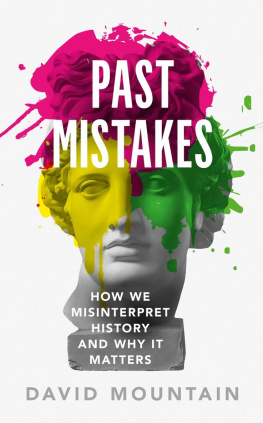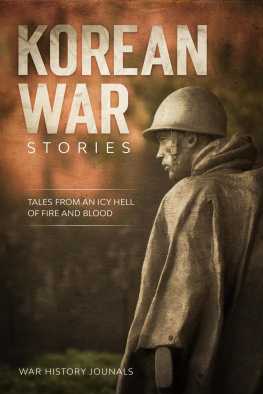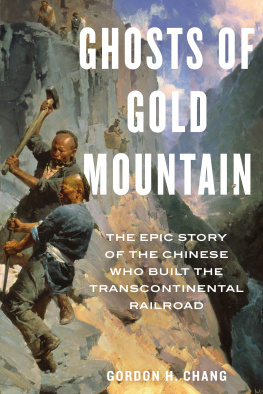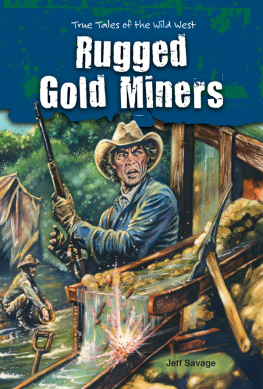MOUNTAIN BLOOD

MOUNTAIN BLOOD
Will Baker

Paperback edition published in 2014
by the University of Georgia Press
Athens, Georgia 30602
www.ugapress.org
1986 by Will Baker
All rights reserved
Designed by Sandra Strother Hudson
Set in Century Old Style
Printed and bound by Thomson-Shore
The paper in this book meets the guidelines for
permanence and durability of the Committee on
Production Guidelines for Book Longevity of the
Council on Library Resources.
Most University of Georgia Press titles are
available from popular e-book vendors.
Printed in the United States of America
14 15 16 17 18 P 5 4 3 2 1
The Library of Congress has cataloged the hardcover
edition of this book as follows:
Baker, Will, 1935
Mountain Blood.
1. West (U.S.)Social life and customsAddresses, essays, lectures.
2. Mountain lifeWest (U.S.)Addresses, essays, lectures.
3. Baker, Will, 1935- Addresses, essays, lectures. I. Title.
F595.3.B35 1986 978 85-16508
ISBN 0-8203-0819-6 (alk. paper)
Paperback ISBN 978-0-8203-4762-2
Grateful acknowledgment is made to the editors of the publications in which the following stories first appeared: The Winged Worm, Pacific Northwest Review; The Beautician and the One-Legged Man, Missouri Review; The Legend of Great Uncle Jim and the Woman Behind It All, Co-Evolution Quarterly; Letter to a Nebraska Housewife, Akwasasne Notes; Sourdoughs, Filibusters, and a One-Eared Mule, The Georgia Review; Father White Mouse, Outside.
ISBN for digital edition: 978-0-8203-4783-7
Winner of the Associated Writing Programs
Award for Creative Nonfiction
This song is for the crazy, greedy, doomed lovers of wild things.

CONTENTS

ACKNOWLEDGMENTS
I am indebted to a number of people, places, and books for help in the preparation of these pages. Deanie Roush, Jim Webb, Malinda Penn, Muriel Wakazoo, and the people of Otika supplied hospitality, food, and companionship. Meadows Valley, Long Valley, and the Deadwood Basin nurtured a special breed of hardy individualists whose memory inspired many of the tales included here. A few facts cited in the Letter to a Nebraska Housewife come from James Mooneys The Ghost Dance Religion and Truman Capotes In Cold Blood. For much of the exotic material in the final essay I relied on three books: Jenifer Marxs The Magic of Gold, Timothy Greens The New World of Gold, and Alex Del Mars A History of the Precious Metals.

INTRODUCTION
Readers have a right to know what kind of book they are up against, in a general way. That can be taken care of with a cover design (guns, flames, half-dressed women) and a phrase (Saga of Doom and Desire, Epic of Passion), or a title so formidable that no one could mistake its drift (The Origin of Consciousness in the Breakdown of the Bicameral Mind). Such works librarians catalogue swiftly. If there is any doubta missing dust jacket or a trendy, ambiguous titlethey can glance at the bio sketch or the list of previous publications to see what the author has been doing recently.
One distinction, however, seems to be especially important: that between fact and fiction. If a thing happened and is true, then it belongs with history, autobiography, science. If it didnt, or didnt quite that way, then we are dealing with fiction, the imagination, or (in one of the more barbarous phrases of modern pedagogy) creative writing. Many people are fanatical about maintaining this line of demarcation. What really happened is not to be corrupted by some effete wordsmith, who exaggerates or suppresses to suit his own devious ends. On the other hand, as long as a book offers itself openly as just a story, these people will not only accept but favor all kinds of absurdities. The man who fumes if a sportswriter misspells a second-stringers name may relish an account of intelligent blue fungus from another galaxy.
There are good reasons why people dislike any confusion of the real and the imaginary. Sometimes a public record or reputation is at stake. False and malicious innuendo might ruin a career or policy, so the lawsuit for slander or libel depends upon getting at just what was said, done, or thought. And in the case of scientific or engineering knowledge, purveying inaccuracies can bring about worse disasters: the bridge collapses or the patient dies. In addition, most of us have an aversion to the cunning liar whose purpose is to bamboozle us to advance his own interest, and we respect those who will admit and correct an error even at their own expense.
Americans like to think of themselves as a pragmatic, straightforward people. They deal in clear categories (like Good vs. Communism). They dont readily tolerate superstitious flummery or contorted intellectualization, because they rightly perceive that these are often a pose to conceal selfish designs. Especially when there is money on the line, we want the plain facts. The salt, sugar, vitamin C, and diglycerides must be listed right there on the package.
When it comes to the fantastic side of life, however, Americans are just as big liars as the rest of the world. Possibly bigger. Paul Bunyan and Mike Fink and Davey Crockett are barely venerable enough to be folk heroes; the unkind might call them plain baloney. Our popular artI am thinking mostly of soap operas, cinema, and supermarket magazinesis full of the most outrageous sentimentality, the most incredible exaggeration. Here the hard-headed Yankee grows uncritical, if not gullible. Gee, he or she says, what a wonderful, scary, thrilling, amazing, fascinating, moving story that was. I wonder if its based on real life?
Still more marvelous, as the populace absorbs this guff they try to live upor downto it. Life begins to imitate the outrageous and incredible. CIA secret agents try to poison Fidel Castros cigars. Lovesick swain shoots president. Heroic doctor implants baboon heart in new baby. People captured by UFO are grilled for hours. Lesbian couples inseminate each other with turkey basters full of homosexual sperm. There seems to be no invention so farfetched that some enthusiast cannot live out a fair copy of it. The National Enquirer may eventually run the New York Times out of business, because they will be printing the same material.
Perhaps this intrusion of fancy into daily life is one reason people want, more than ever, certification of what is true and what is made up. The trouble is, in certain areas like advertising and politics (if these are separable any more) fabrication is so ingenious and widespread that, as people commonly put it, you dont know what to believe. Such uncertainty leads eventually to believing nothing or believing (fanatically) whatever suits you, and most of us can sense the danger of those positions. Consequently a writer is now likely to confront a public either suspicious or nonchalant: the reader is thinking either You better not fudge your data, Mr. Expert, or Lets see what kind of bull this clown has to offer. Either way, the storyteller is on immediate probation, and is expected to give a clear signal of intentions. Fact or fiction.
Next page







